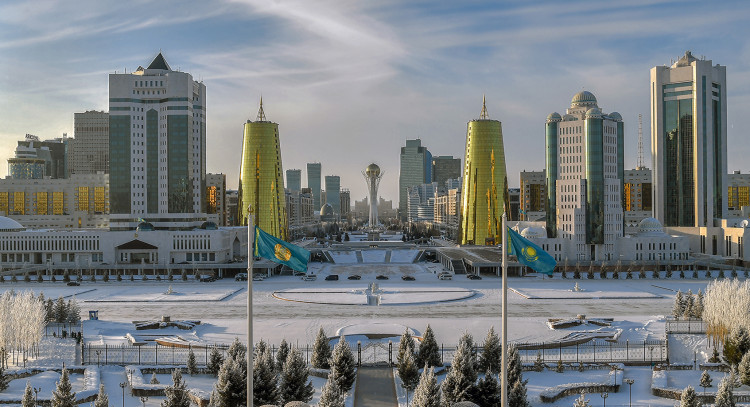ASTANA – President Kassym-Jomart Tokayev reaffirmed Kazakhstan’s dedication to advancing human rights by approving the Third Presidential Decree, accompanied by a comprehensive Action Plan on Human Rights and Rule of Law on Dec. 8, 2023. Announced on the eve of Human Rights Day, this initiative underscored the country’s commitment to addressing societal demands and fulfilling international obligations.

Photo credit: Akorda
Building on the groundwork laid by the 2021 and 2022 decrees, the third package nearly doubled the scope of legislative and practical tasks to be implemented by 2025, with over 40 targeted initiatives. These measures aimed to strengthen Kazakhstan’s domestic legal framework, align it with international standards and expand nationwide human rights protections.
Key areas of focus
The Action Plan focused on several key areas, including empowering vulnerable groups by strengthening protections for women, children, and people with disabilities. It also aimed to enforce stricter accountability measures to combat domestic violence, improve labor rights, and ensure freedom of association for all citizens.
A critical element of the initiative involves collaboration with international organizations, including the United Nations and the Organization for Security and Cooperation in Europe (OSCE), to implement the outlined measures effectively.
Recent achievements and institutional reforms
Kazakhstan has undertaken extensive political reforms to enhance its institutions, reset its political and economic systems, and address societal inequalities. These initiatives have improved living standards, strengthened anti-corruption mechanisms, and reduced disparities. Constitutional amendments have further advanced human rights protections, aligning national laws with international obligations.
Kazakhstan’s reaffirmation of the Second Optional Protocol to the International Covenant on Civil and Political Rights, abolishing the death penalty, marked a significant milestone. Following the Paris Principles, the establishment of the Commissioner for Human Rights and the Constitutional Court allowed citizens to address rights violations directly, enhancing access to justice.
In 2023, Kazakhstan introduced the Social Code and appointed a Commissioner for the Rights of Socially Vulnerable Groups to provide targeted support. This includes special payments for individuals working in hazardous conditions. The country also ratified the Optional Protocol to the Convention on the Rights of Persons with Disabilities, reinforcing its commitment to social equity.
The country has enacted laws criminalizing harassment and domestic violence. These laws provided comprehensive psychological rehabilitation for offenders and created the Department for Combating Domestic Violence under the Ministry of Internal Affairs.
To address gender-specific challenges, gender issue advisers have been appointed across all regions, selected from civil society and business community representatives.
Kazakhstan has implemented two significant national plans. The first plan focused on advancing equal rights for men and women, aligning with United Nations best practices.
The second plan was dedicated to implementing the UN Security Council Resolution 1325 on Peace, Women, and Security. It promoted the inclusion of women in the Prosecutor General’s Office, the Ministries of Internal Affairs, Emergency Situations, and Defense, as well as in roles within peacekeeping missions and negotiation groups.
Regional ombudspersons for children’s rights work alongside the National Commissioner to protect women and children nationwide.
Legal measures against human trafficking have also been reinforced, targeting crimes such as abduction, forced prostitution, and exploitation involving minors.
The country has strengthened criminal responsibility for torture, legal definitions of torture and ill-treatment as well as the national mechanism of torture prevention. Enhanced legal frameworks address domestic violence, eliminating possibilities of repeated reconciliation in such cases.
Reintegration initiatives provide tax relief to small and medium-sized enterprises employing individuals with criminal convictions. A tripartite mechanism involving key ministries ensures refugee legal status UNHCR recommendations.
Kazakhstan has adopted International Labor Organization (ILO) standards to improve workplace safety and prevent industrial injuries.
